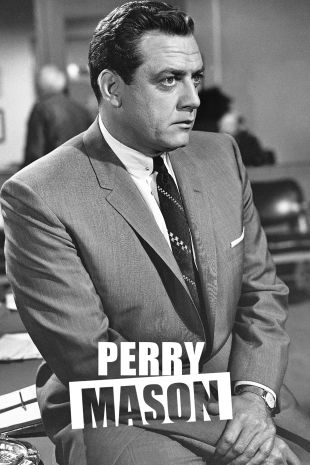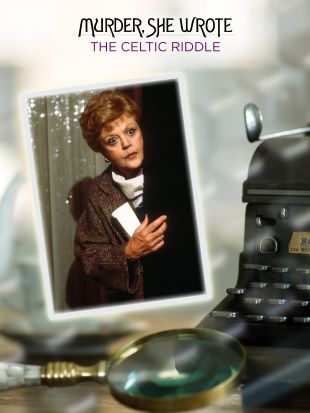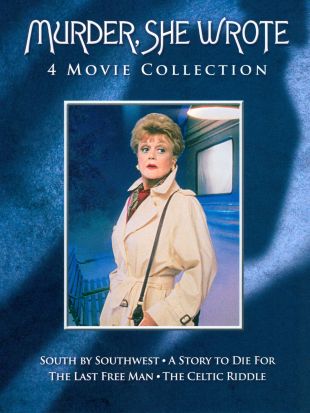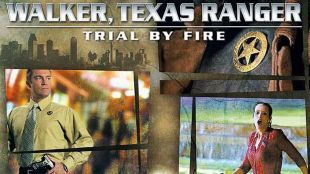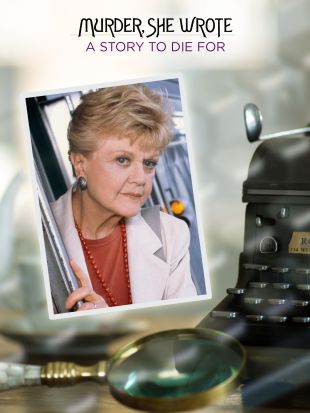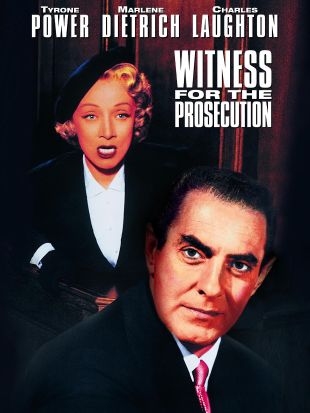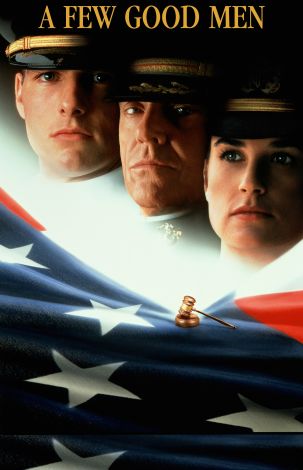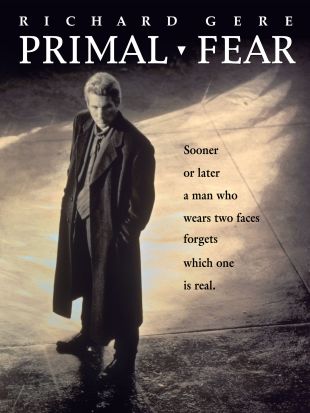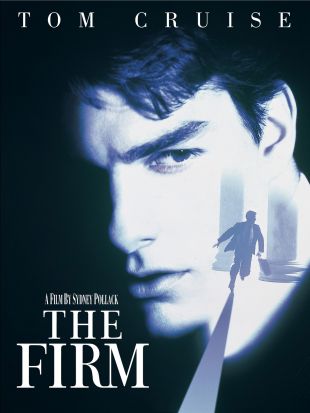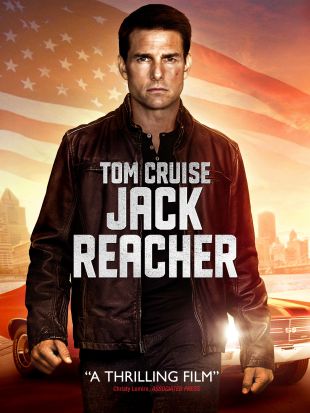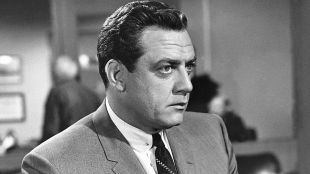
Perry Mason (1961)
Genres - Mystery, Drama, Crime |
Sub-Genres - Detective Show [TV], Law Show [TV], Prime-Time Drama [TV] |
Run Time - 60 min. |
Countries - United States |
Share on
Synopsis by Hal Erickson
One of TV's most successful and best-loved dramatic series--not to mention one of the few black-and-white, hour-long series to flourish in syndication well into the 21st century--Perry Mason was the brainchild of lawyer-novelist Erle Stanley Gardner, who introduced the character of defense attorney Perry Mason in 1933. Though not all of Perry's literary appearances involved murder, all were mystery-oriented, and all were built around the premise of a brilliant, methodical lawyer with sharply-honed deductive and observational skills, who never lost a case. The weekly TV version of the property made its CBS debut on September 21, 1957. It was a rare instance of a "perfect" ensemble cast, headed by Raymond Burr, heretofore typed as a movie villain, as Mason (Legend has it that Burr originally read for the role of Perry's perennial adversary, prosecutor Hamilton Burger, but Erle Stanley Gardner took one look at the burly, velvet-voice actor and declared "That's Mason!") Barbara Hale was Perry's ultraloyal, ultraefficient secretary Della Street; William Hopper (son of Hollywood columnist Hedda Hopper) was Perry's associate, private detective Paul Drake; Ray Collins was the irascible Lt. Tragg until his retirement in 1964 (he died one year later); and William Talman, who like Burr was typecast in heavy roles, was eternally luckless prosecuting attorney Hamilton Burger. After Collins left the series, the official police were represented by Wesley Lau as Lt. Anderson and Richard Anderson as Lt. Drumm. With few exceptions, Perry Mason adhered to a rigid, virtually inviolate formula throughout its nine-season run. The murder victim was a nasty, disreputable sort who, in the words of Sam White--who for several years coproduced the series with former actress Gail Patrick Jackson)--"needed killing." The accused murderer, invariably a client of Perry Mason, was entirely innocent despite a preponderance of circumstantial and material evidence. With the assistant of Della and Paul, and despite the resistance of Lt. Tragg (who never could be convinced that Mason was anything less than ethical), Perry would piece together the clues and draw up a list of potential perpetrators, many of them witnesses for the prosecution. During the climactic courtroom sequence, Mason would call forth one of the witnesses (or sometimes even a mere courtroom spectator), and through intense cross-examination would prove that the person in question was the guilty party--whereupon said party would break down and confess on the spot! The result: Mason emerged victorious yet again, and Hamilton Burger glowered in defeat. (Only on three occasions did Perry lose a case on TV, and only one of those was a murder case--but in each instance he rallied to prove his client's innocence beyond question). Yes, it was a formula. . .but an extremely solid and durable one. Prior to the TV version of Perry Mason, Warner Bros. produced six medium-budget "Perry Mason" films of wildly variable quality between 1934 and 1936, with three different actors--Warren William, Ricardo Cortez, Donald Woods--essaying the title character. A "Perry Mason" radio series, introduced in the 1940s, ultimately evolved into the long-running soap opera The Edge of Night. Seven years after the cancellation of the Perry Mason TV series in September of 1966, the property was revived, with an entirely different cast headed by Monte Markham as The New Perry Mason, which proved to be one of the biggest disasters of the 1973-74 season. Far more successful were the occasional "Perry Mason" TV movies produced by Fred Silverman and Dean Hargrove (the same team responsible for Matlock) between 1985 and 1993, with Raymond Burr and Barbara Hale reprising their original roles, and with occasional contributions by Ms. Hale's real-life son William Katt as Paul Drake Jr.
